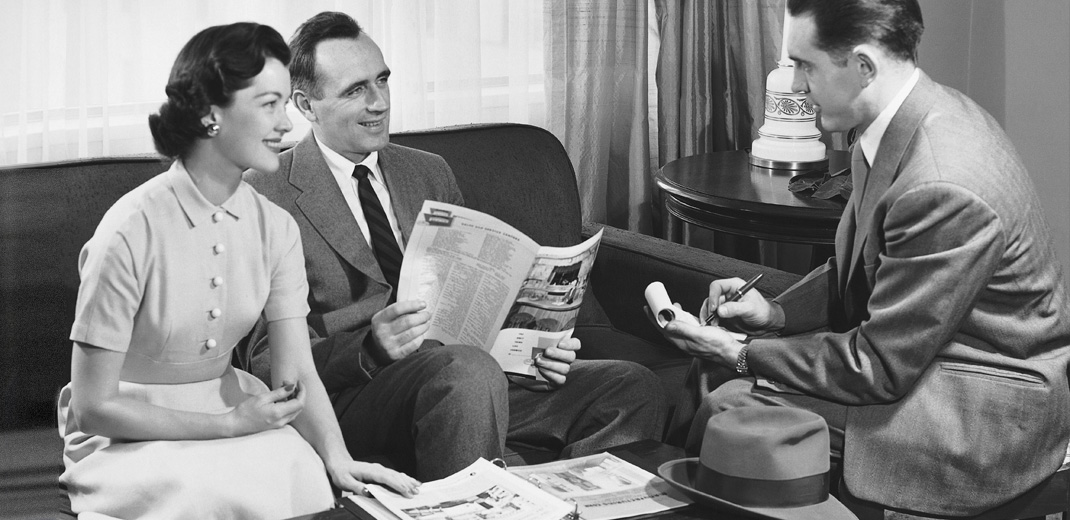Fanpage Karma study shows emotional triggers drive interaction
A few weeks ago, I told you that the key to driving engaging content is to ask one question, does this piece of content make my audience say, “Holy Smokes! That’s __________!” (Insert adjective here.) My theory, if your audience says “Holy Smokes,” they’re more likely to share, and a share equals content marketing interaction. Well, it appears I wasn’t just tossing random advice your way!
Fanpage Karma published new data recently that shows how different emotions trigger interaction with online audiences. The study rated 1,000 pieces of content from newspaper websites. They focused their study on the fundamental four emotions of fear, anger, sadness and joy. They then ran an analysis of the interactions for each and the findings were rather interesting.
They found that the dominant emotion, the one that drives the most engagement, is joy. (Whew! I was worried we’d have more proof our society is going to hell!) Posts that were categorized as bringing joy to the emotional trigger table earn more than double the likes, comments and Facebook shares than posts featuring other emotional triggers.

Other insights the report surfaces include:
- Joy and anger are more likely to be shared than sadness or fear
- Fear has a much higher share-to-total reactions ratio, meaning it triggers a more visceral response than other emotions
- Anger related posts drive more comments than all other emotions
Perhaps more telling, however, is the difference between emotional posts and non-emotional posts.
Fanpage Karma also categorized 1,000 pieces of content as one of the following:
- Emotional
- Informational
- Prize related
- Without benefit (perhaps implying the post had no real value)
Emotional posts drive an average reaction rate of 0.5% (action divided by total audience), which is more than double that of informational posts, five times that of prize related posts and 10 times more than “without benefit” posts.
So there is proof that my Holy Smokes advice isn’t wrong; emotional triggers do indeed have an impact on content marketing interaction.
I feel better!
See more on the Fanpage Karma report on its website.
Just for the record, the findings here are interesting, but not to be confused with either scientific data (a true research study) or representative of what works with your audience. I would encourage you to test your own posts for their emotional triggers and interactions to see what works best for you and your brand.









